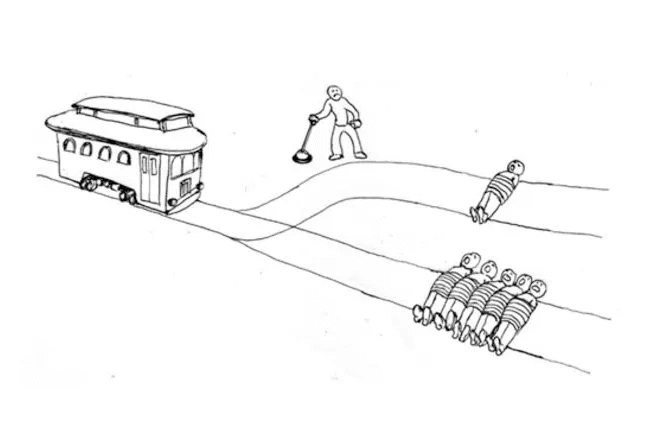
One vision of ethics sees morality as a matter of producing the best results. This is the spirit behind utilitarian thinking, which measures right and wrong by the balance of happiness over suffering. It is appealing in its simplicity, allowing flexibility across situations, yet it can leave us uneasy when a harmful act appears to serve the greater good.
Another vision starts not from outcomes but from principles. Here, morality is grounded in duties that apply universally, regardless of circumstance. Acting rightly means acting from respect for persons and from rules that could be shared by all. This framework offers clarity in defending rights, though it can be unyielding when principles collide.
A third approach centres on character. Rather than focusing on rules or results, it asks what kind of person one should be, and what virtues are worth cultivating. Courage, generosity, and honesty are not just tools for decision-making but qualities that shape a whole way of life. This path feels close to the texture of lived experience, though it may lack firm answers in a crisis.
Some thinkers have tried to step outside these traditions entirely, questioning whether inherited moral codes serve human flourishing at all. Their challenge is to rethink values from the ground up, resisting systems that limit rather than enrich life.
Choosing between these outlooks is not just an intellectual exercise. It is deciding whether morality’s core lies in maximising well-being, obeying universal duties, developing character, or creating new values altogether. The fact that none of these theories has silenced the others suggests that the search for the right moral compass is less about settling the debate and more about sharpening our own moral vision.